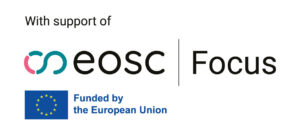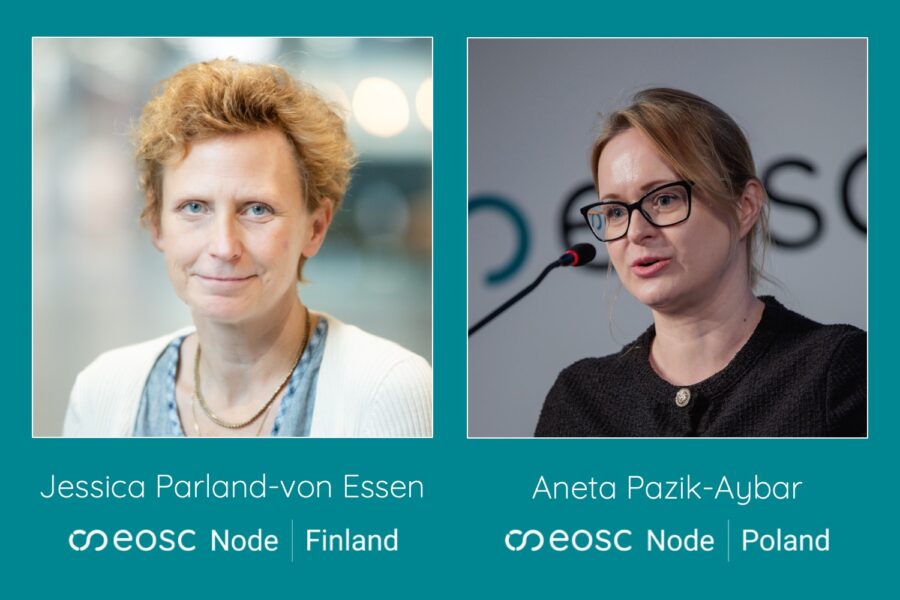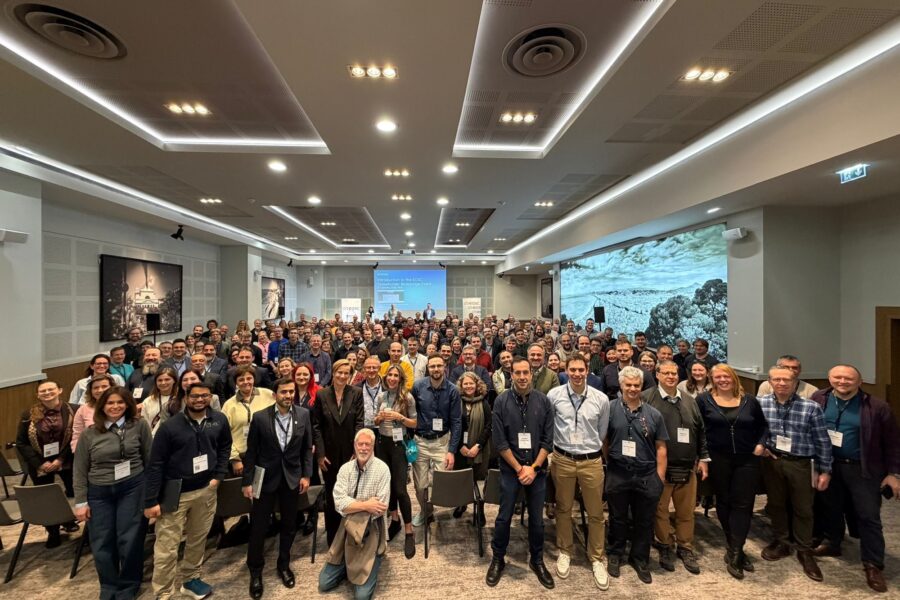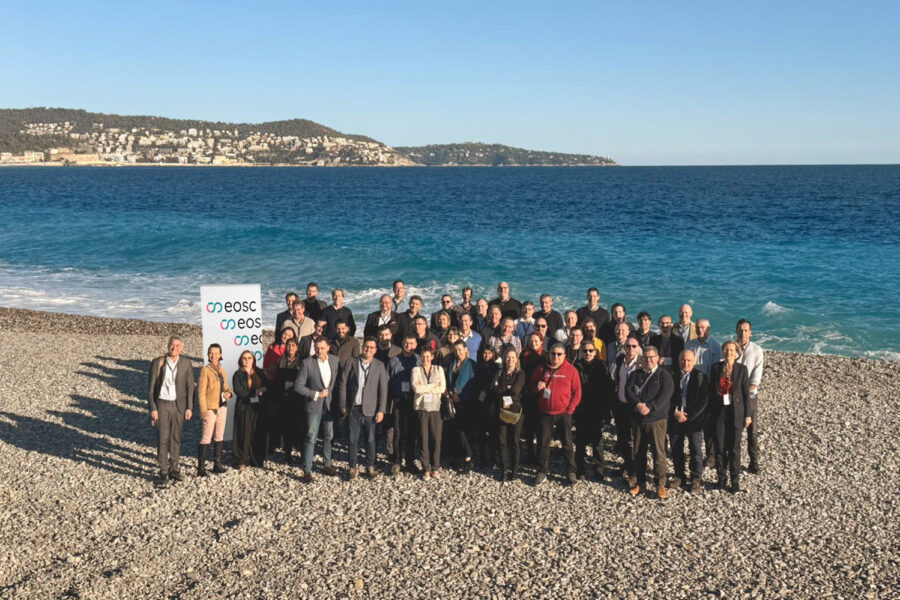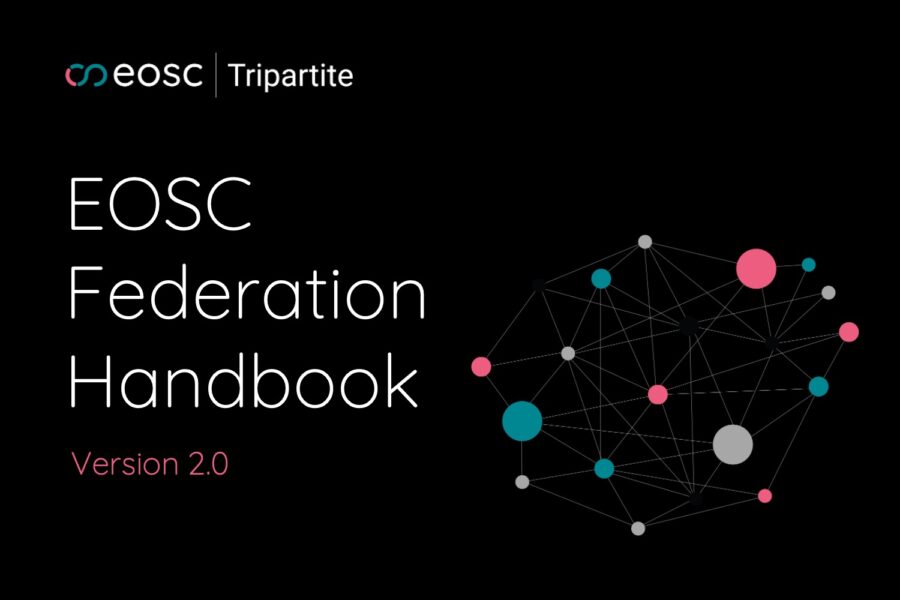On Wednesday, 8 March, the EOSC national event Switzerland took place in Bern. The State Secretariat for Education, Research and Innovation (SERI) organized the event in collaboration with EOSC-A to talk about common ground and crossing borders in Open and FAIR science.
The day started with a welcome address by Martina Hirayama, Swiss State Secretary for Education, Research and Innovation. She stressed the need for collaboration and cooperation between Switzerland and the EU to help Open Science develop, which was the topic of the subsequent panel discussion.
‘Embracing’ Open Science
The high-level discussion included in addition to State Secretary Hirayama leading representatives of the Swiss scientific and education community, such as EPFL President Martin Vetterli, who is also the president of the Swiss National ORD Strategy Council, President of swissuniversities Luciana Vaccaro, President of the Swiss National Research Council Matthias Egger, as well as ESFRI Chair Jana Kolar and President of EOSC-A Karel Luyben. One of the main take-aways that emerged was that “openness” in science has to be “embraced”, and its value recognised, so that it leads to “better science”. For this it is essential that trust grows between organisations at all levels (from research institutes to communities and countries), and that the related policies to implement the FAIR principles are aligned. This will ultimately translate into a positive contribution to the economy.
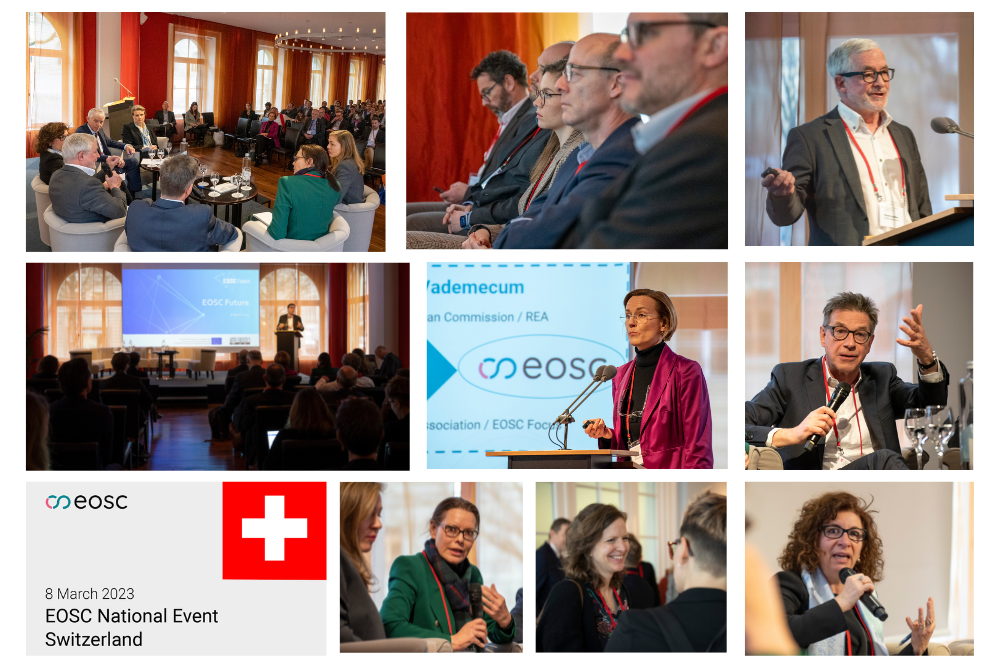
The EOSC Association
Secretary General of EOSC-A Ute Gunsenheimer joined Mr Luyben next to introduce the goals and aims of the EOSC endeavour, highlighting its organisational side, as well as the benefits it can bring to scientific disciplines and communities. EOSC’s achievements so far and expected progress in 2023 were also presented.
The Swiss community showed its awareness of the foreseen advantages of joining the EOSC Association through three examples: cloud-native supercomputing and open big data tools, participation of Swiss institutions in the EOSC-A Task Forces, and the opportunities to connect data from different disciplines to current developments happening at CERN facilitated by cooperation in the framework of EOSC Future.
Swiss national strategy: RI’s and universities
After the coffee break the Swiss national strategy on open research data (ORD) was described. The strategy has already produced practical results, as was demonstrated by several use cases involving building trust and new collaborations that break data silos between researchers, disciplines and communities, combining bottom up and top-down practices to spread FAIR practices in linguistics, and tackling the complexity of data and the definition of standards through collaborations in the life sciences community. In summary, the Swiss National ORD Strategy makes an important step on a national level—the next challenge is to address open science globally, to which participation in EOSC would definitely help.
Two panel discussions followed after lunch: the first panel discussed the advancement of Open Science and Open Research data in the Swiss Research Infrastructures, and the possible role of EOSC as part of the solution. Building a bridge between simultaneous initiatives, finding long term funding solutions for projects and task forces or working groups, and providing the right tools, services and incentives are all key elements for improving and sustaining infrastructures both nationally and internationally.
The second and last panel discussed how Open Access and Open Research Data can be brought forward at Swiss Universities, and how EOSC can help improve interoperability. A driving topic of the panellists was the interoperability between and within disciplines, in Switzerland and Europe; particularly in view of different disciplines and communities, which come from different starting points, and have possibly different requirements. Investing in training to form competent data stewards and establishing good connections with the communities are expected to help in this.
The day was closed by Philipp Langer (Deputy Director-General EU Framework Programmes & European Research and Innovation Area at SERI) looking back on the new insights gathered during the event, pointing at current developments and looking forward to increased collaboration in the future between Switzerland and EOSC.
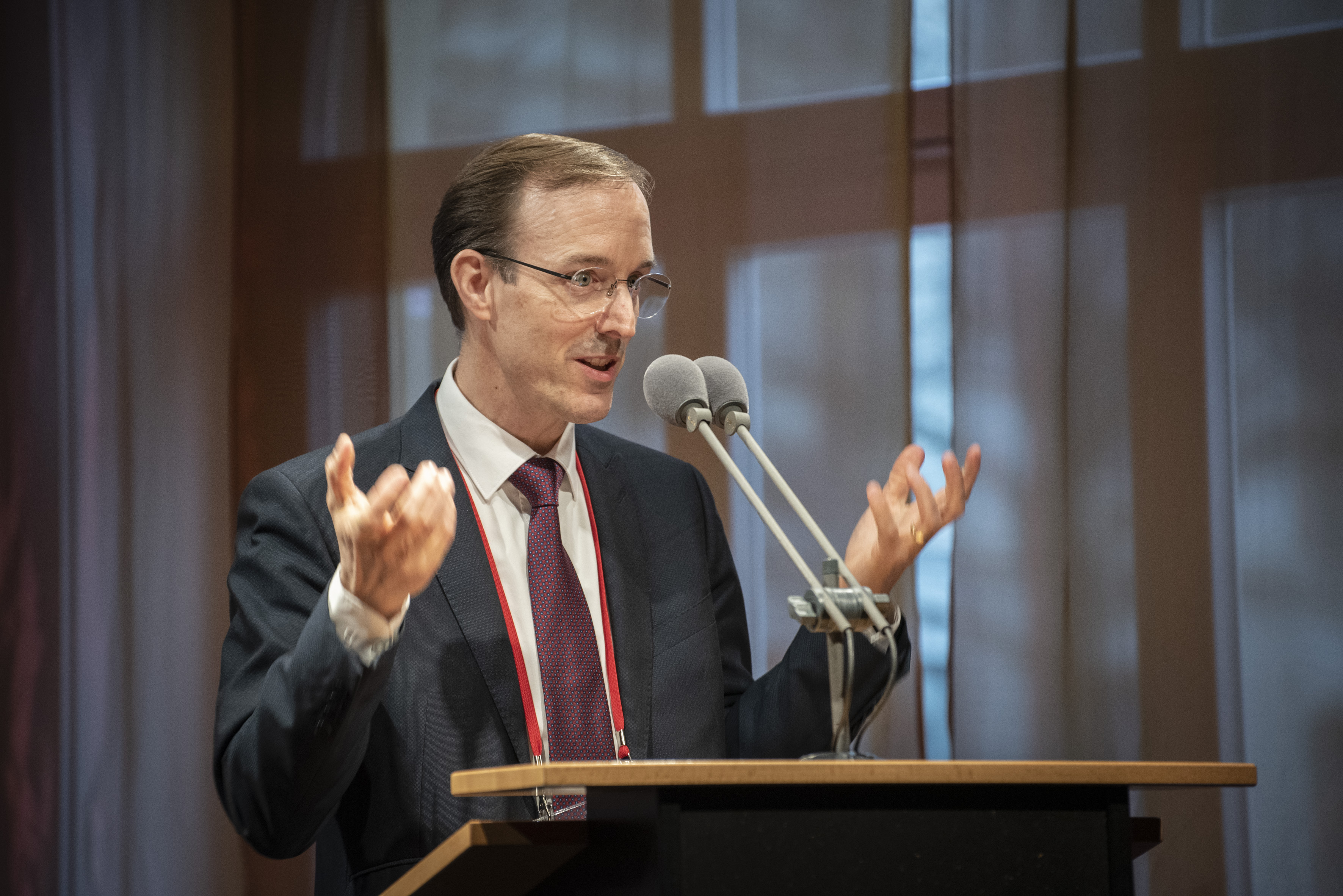
From SERI: State Secretary Hirayama opens event on European Cooperation on Open Science
See EOSC-A’s Switzerland page for an overview of EOSC in the country


